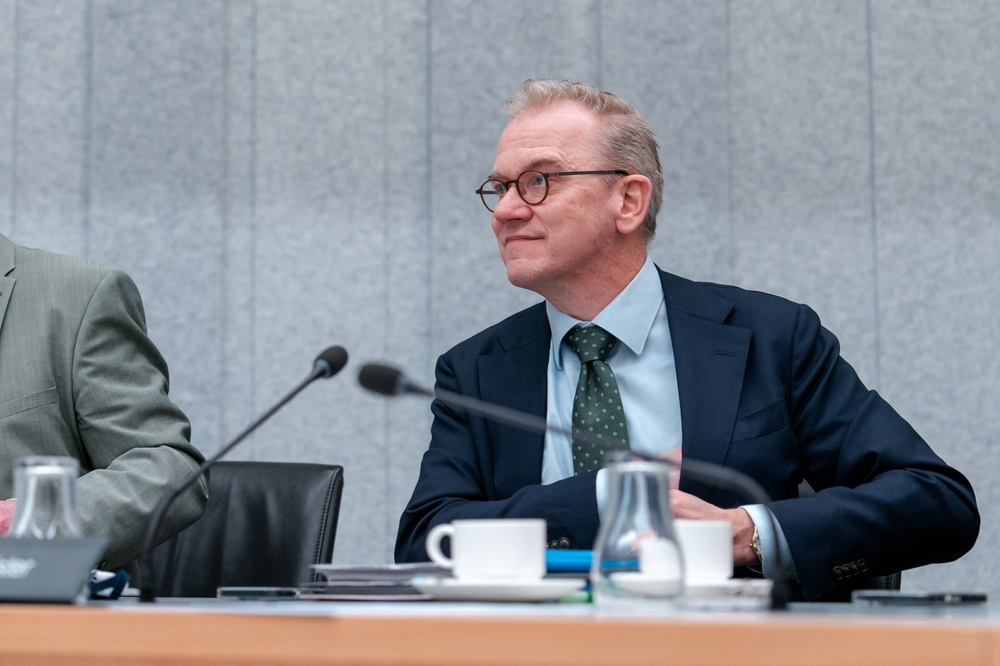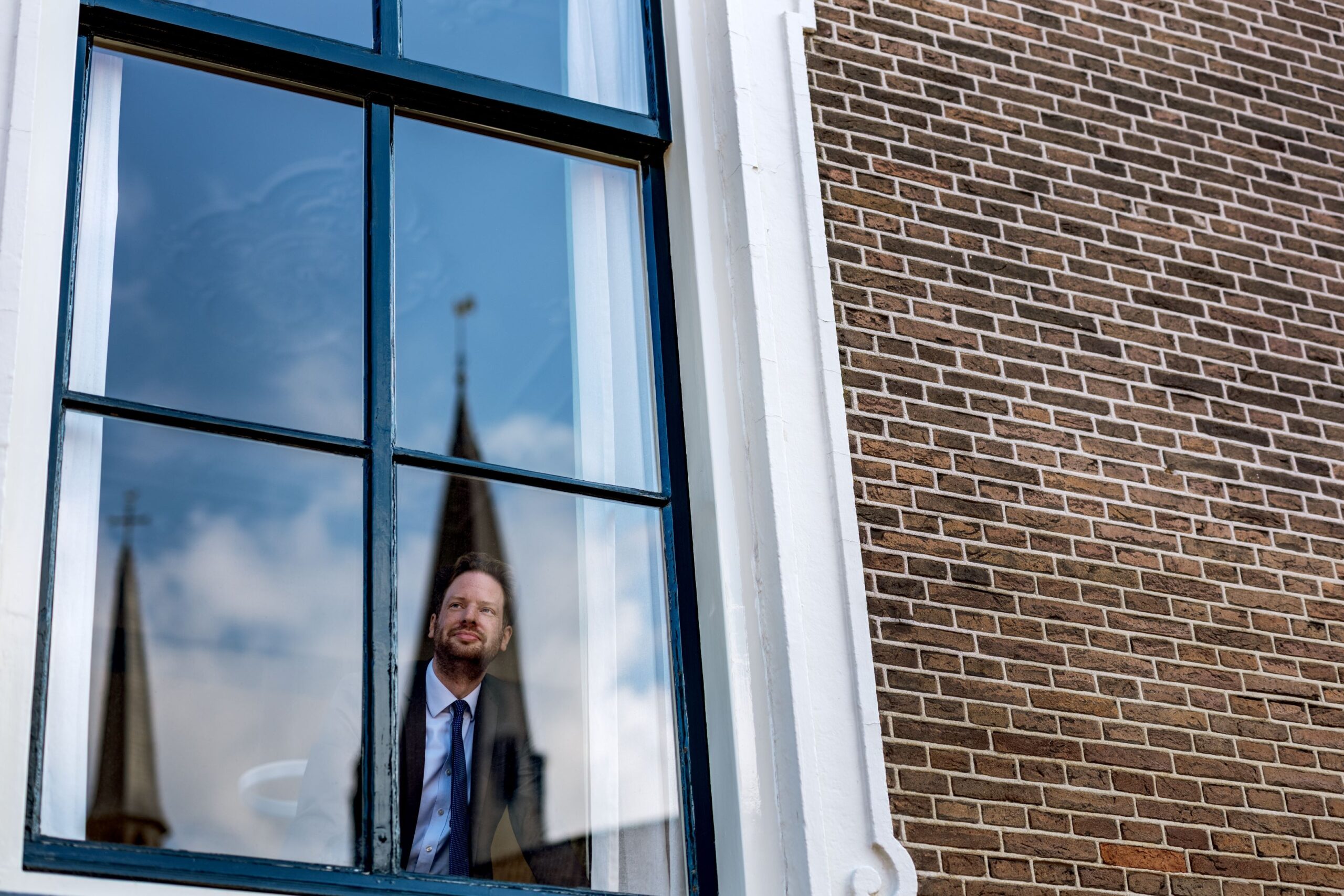Education minister Eppo Bruins was actually supposed to modify the bill aimed at managing the influx of foreign students before the summer. But he needs more time, he says.
The (now outgoing) government would like to see more Bachelor’s programmes at higher education institutions, particularly research universities, go back to being Dutch-taught. To this end, a ‘foreign-language instruction test’ was supposed to be introduced.
This caused great unrest in higher education: which English-language programmes would soon be required to switch to Dutch? Opposition swelled, especially in border regions, with businesses emphasising the huge labour market shortages.
So the House of Representatives decided that the language test is to be stricken from the bill. For current programmes, that is. New programmes have always been required to prove their usefulness and necessity before they’re allowed to start. Which means that new ‘foreign-language’ programmes (or foreign-language tracks within programmes) will also have to explain why they aren’t taught in Dutch.
Autumn
One would think: scrap the language test and that’s it, the ‘Balanced Internationalisation Act’ bill can be sent to the House of Representatives again. But that’s not how it works, writes minister Bruins in a letter. The content of the bill will be so different that it will have to be sent back to the Council of State for advice, he states. According to him, this won’t happen until Autumn.
And there’s an additional problem: a proper overview of the ‘existing educational offerings’, including foreign-language tracks within programmes, needs to be created. Otherwise, it will be unclear which offerings are ‘new’ and therefore have to pass that language test.
Surrendering
Bruins warns, once again, of the consequences if he strikes the language test for existing programmes from the bill. ‘By doing so, I’m effectively surrendering my ability to intervene in the existing foreign-language offerings’, writes the minister.
The new idea is for higher education institutions to decide – through ‘self-direction’ – which programmes should be in Dutch or another language. The ministry would be able to make administrative arrangements, but from a distance.
Despite this self-direction, which the institutions have already started implementing, Bruins underlines ‘how important it is and will remain to stay in control of the internationalisation of our education, to keep the system feasible and affordable’. He points out the somewhat increased costs of student financing for European students.
Incidentally, Bruins said in a recent interview with HOP that the education minister should have less power. This is consistent with a language policy in which the minister largely surrenders that control.

 Eppo Bruins. Photo Shutterstock
Eppo Bruins. Photo Shutterstock 

